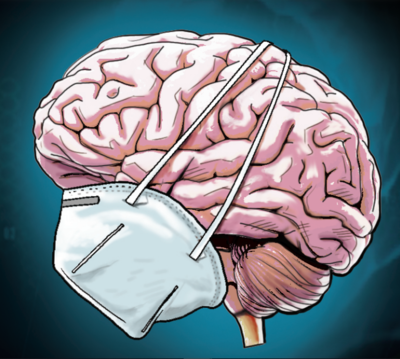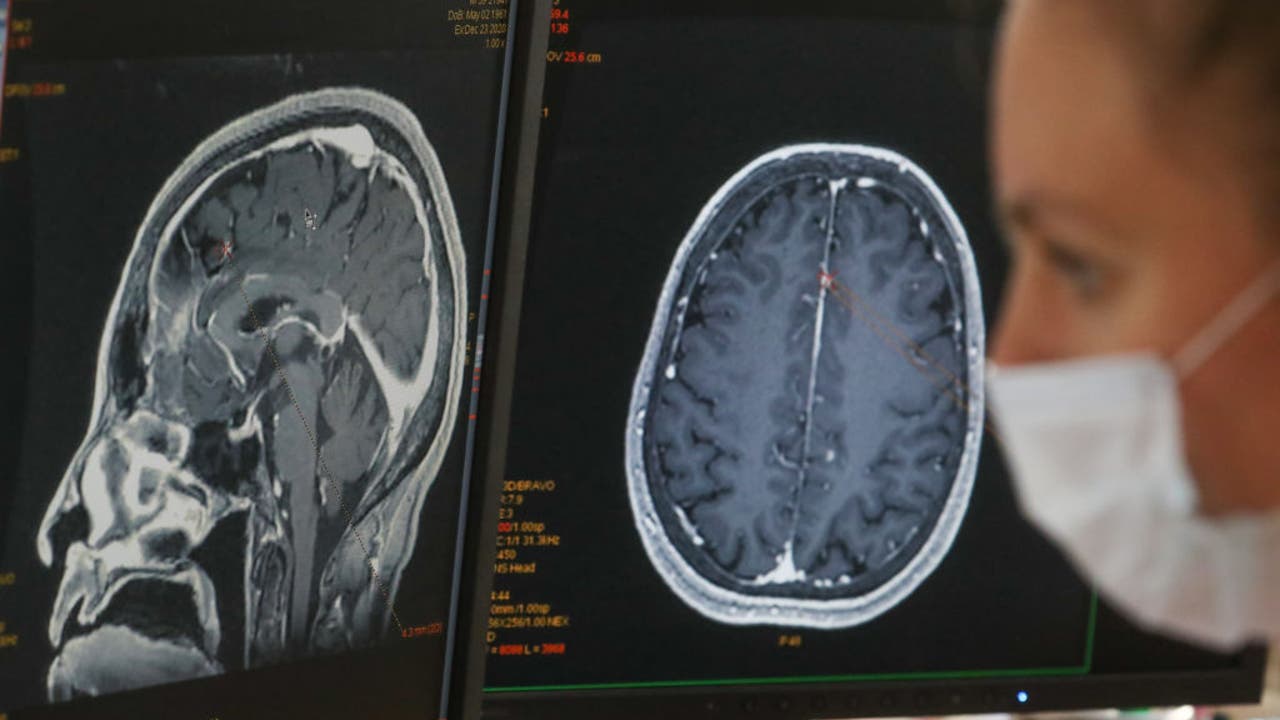
10 In addition, approximately 80% of infected individuals have limited and transient respiratory symptoms, and do not require hospitalization for pneumonia or hypoxemia. 5- 7 Neurologic, pulmonary, cardiac, and gastrointestinal dysfunction may persist in the post-acute phase and constitute a “long Covid” syndrome, 8, 9 which has also recently been called the syndrome of “post-acute sequelae of SARS-CoV-2 infection” (PASC). Neurologic manifestations of varying severity 2- 4 have been reported in 36.4–82.3% of hospitalized Covid-19 patients worldwide. 1 Although SARS-CoV-2 manifests primarily with respiratory tract infections and flu-like symptoms, Covid-19 is now recognized as a multi-organ disease often involving the nervous system. Non-hospitalized Covid-19 “long haulers” experience prominent and persistent “brain fog” and fatigue that affect their cognition and quality of life.Īs of 10 March 2021, severe acute respiratory syndrome coronavirus type 2 (SARS-CoV-2) has led to over 117 million confirmed infections and 2.6 million deaths from coronavirus disease-2019 (Covid-19) worldwide. SARS-CoV-2 + patients performed worse in attention and working memory cognitive tasks compared to a demographic-matched US population (T-score 41.5 and 43, respectively both p < 0.01). Both groups exhibited impaired quality of life in cognitive and fatigue domains. There was no correlation between time from disease onset and subjective impression of recovery. The main neurologic manifestations were: “brain fog” (81%), headache (68%), numbness/tingling (60%), dysgeusia (59%), anosmia (55%), and myalgias (55%), with only anosmia being more frequent in SARS-CoV-2 + than SARS-CoV-2 - patients (37/50 vs. The most frequent comorbidities were depression/anxiety (42%) and autoimmune disease (16%).

Mean age was 43.2 ± 11.3 years, 70% were female, and 48% were evaluated in televisits.

We recorded the frequency of neurologic symptoms and analyzed patient-reported quality of life measures and standardized cognitive assessments.

Due to early pandemic testing limitations, patients were included if they met Infectious Diseases Society of America symptoms of Covid-19, were never hospitalized for pneumonia or hypoxemia, and had neurologic symptoms lasting over 6 weeks. This is a prospective study of the first 100 consecutive patients (50 SARS-CoV-2 laboratory-positive (SARS-CoV-2 +) and 50 laboratory-negative (SARS-CoV-2 -) individuals) presenting to our Neuro-Covid-19 clinic between May and November 2020. We sought to characterize the spectrum of neurologic manifestations in non-hospitalized Covid-19 “long haulers”. However, some develop prolonged symptoms. Most SARS-CoV-2-infected individuals never require hospitalization.


 0 kommentar(er)
0 kommentar(er)
